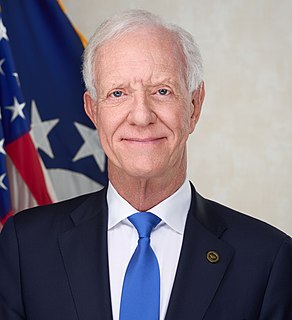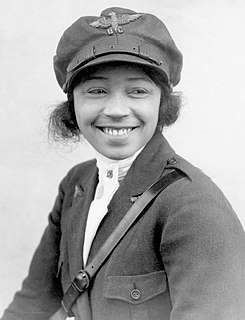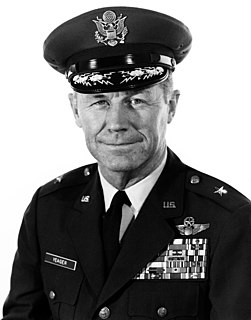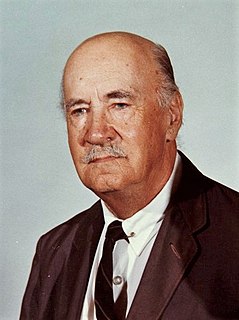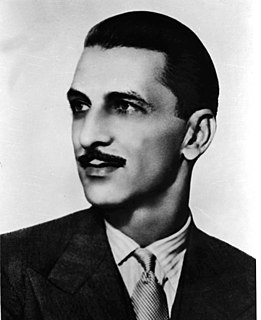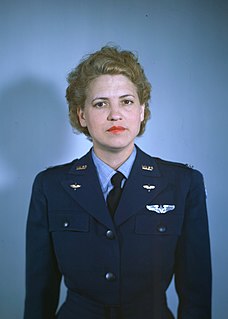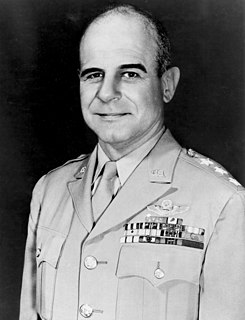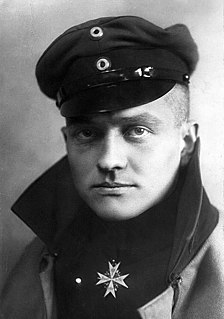Top 34 Quotes & Sayings by Chesley Sullenberger
Explore popular quotes and sayings by an American aviator Chesley Sullenberger.
Last updated on April 14, 2025.
Having a plan enabled us to keep our hope alive. Perhaps in a similar fashion, people who are in their own personal crises - a pink slip, a foreclosure - can be reminded that no matter how dire the circumstance, or how little time you have to deal with it, further action is always possible. There's always a way out of even the tightest spot.
My father volunteered in early 1941, before Pearl Harbor, and became an officer in the U.S. Navy. As I was growing up, he taught me the responsibility of command: A leader is ultimately responsible for every aspect of the welfare of people under his or her care. That was a deeply felt obligation in his generation.
